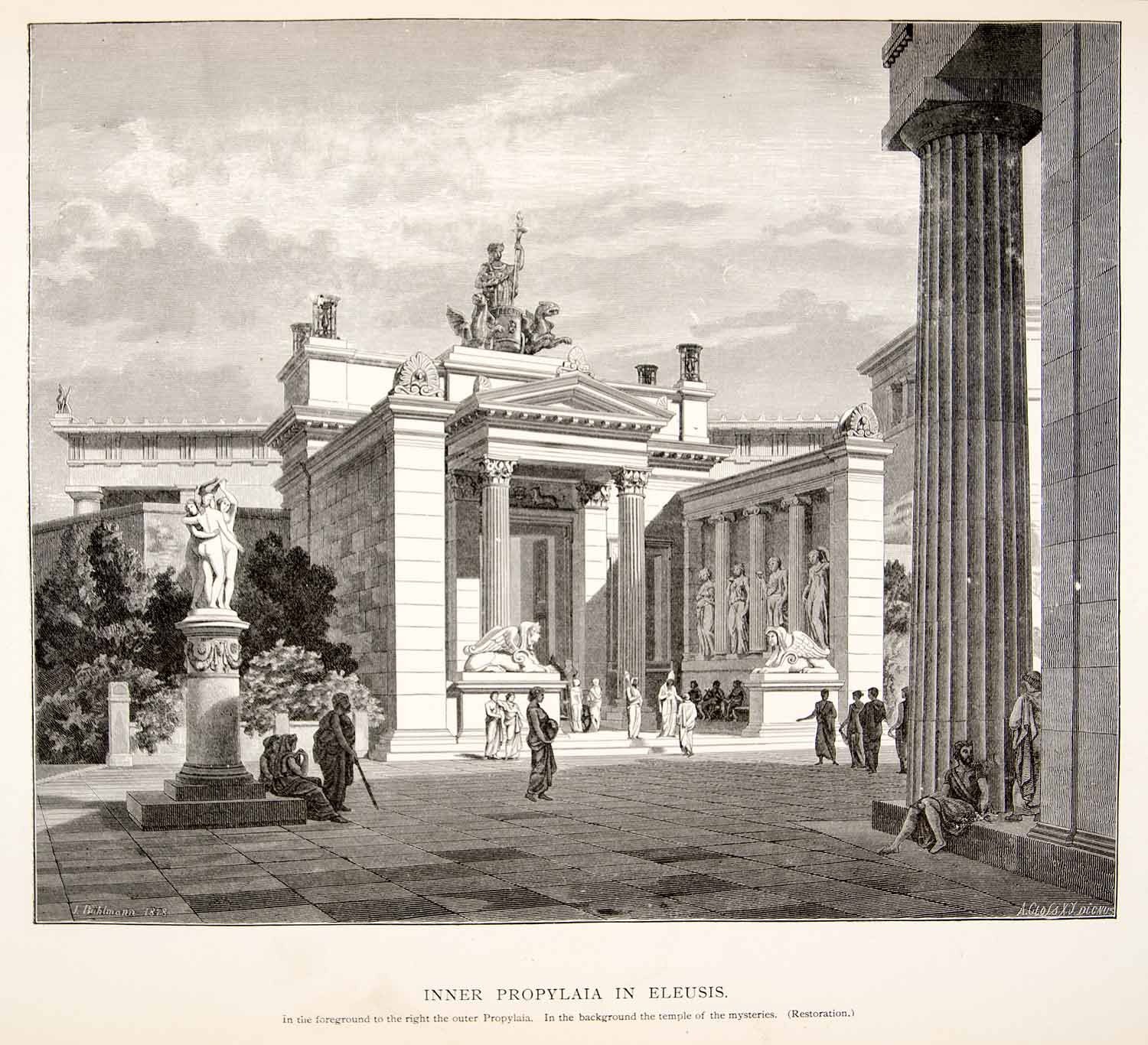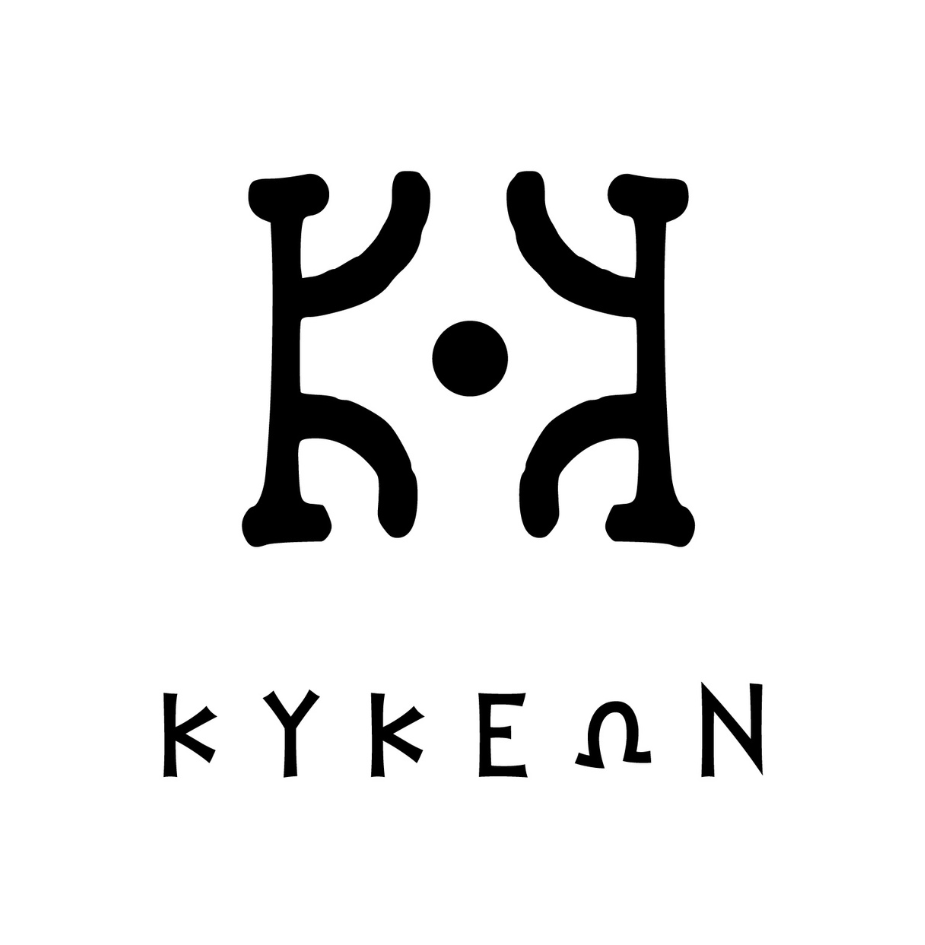Education
Public Awareness and Education

Our ambition is to broaden our horizons and enhance the public's understanding of psychedelics, bridging the gap between myth and science. While we have begun our journey by publishing insightful articles and creating the Substance Awareness Portal, our vision for the future is robust and multifaceted. We hope to launch webinars lasting over three months, offering in-depth knowledge and interactive learning experiences about the beneficial aspects of psychedelics. At the same time, we anticipate hosting individual workshops, inviting suggestions from the public to encourage a diverse and comprehensive exploration of topics.
In our next plans, the development and distribution of educational material is of paramount importance. We envision creating well-researched brochures, newsletters and resources that are specifically designed for the general public. Our goal is to dispel myths and illuminate evidence-based information about the medical and therapeutic benefits of psychedelics.
Harm reduction is an integral part of our mission. We plan to create brochures that not only inform but also guide individuals on the safe and responsible use of psychedelics. Merging education with art and culture is another avenue we are excited to explore. We envision hosting film screenings and cultural events that will serve as platforms for learning, discussion and connection, immersing participants in the enlightening world of psychedelics.
We are on a journey of growth, aiming to evolve into a hub of knowledge, safety and exploration in the world of psychedelics, consolidating our initiatives into evidence, experiences and community involvement.
Brief History of the War on Drugs in Greece 1875 - 1950

19th century: systematic cultivation of hemp, especially in Argolis, Arcadia & Etoloakarnania
1880: first condemning publications against marijuana, an important export product, traded in the ports of Hermoupolis and Piraeus.
1891 police order prohibits the public use of hashish. The rebetiko scene becomes a voice for the resistance against this prohibition.
Following international trends, in 1920 Greece declared illegal the cultivation, trading and consumption of hashish, but not industrial hemp, which was only banned in 1956.
"Hard" drugs, were legal until World War II: cocaine, opium and its derivatives (heroin, morphine) became a state monopoly after 1925.
At the same time, avant-garde Athenians, such as the members of the Society for Psychical Research of Tanagra (physician and author) had even experimented with Mexican peyote.
In the 1930s, articles, expert lectures, and reports warning of the dangers of drug addiction began to abound.
After the 1960s, the issue of "drug addiction" receded into public discourse, only to return more fiercely in the 1980s, when, together with the rapid socio-political and economic developments of that period, deaths from heroin overdoses increased.
1971 - The UN Convention on Psycotropic Substances is drafted in Vienna. Greece will ratify it in 1976.
In the 1980s, a national war on drugs was launched by almost the entire political spectrum and the media. This campaign, copied the model of the "war on drugs" declared in 1971 in the USA by President Nixon and remains dominant even today.
The global progress in the decriminalization and legalization of psychedelic, has sparked a national interest in their therapeutic, industrial and recreational properties in Greece and opens a hopeful horizon for a post prohibition future in the country

